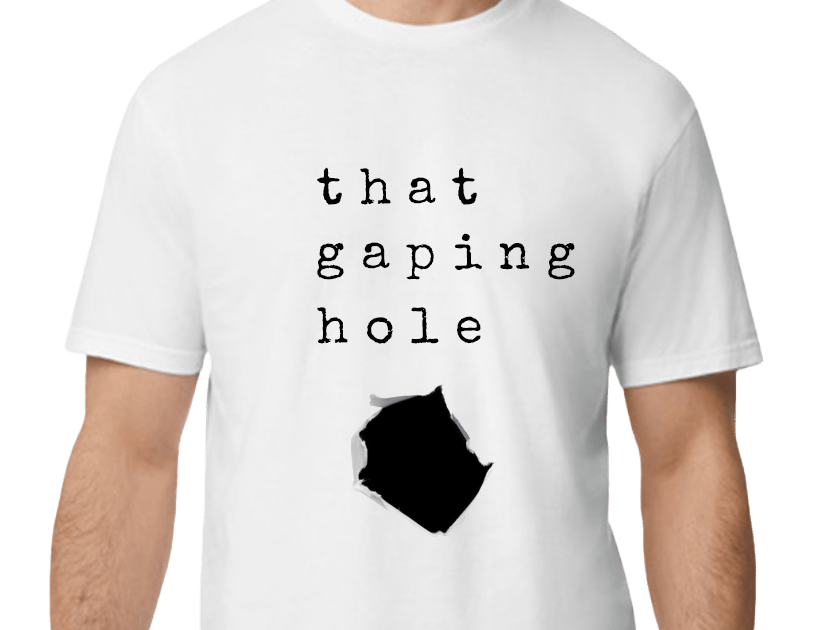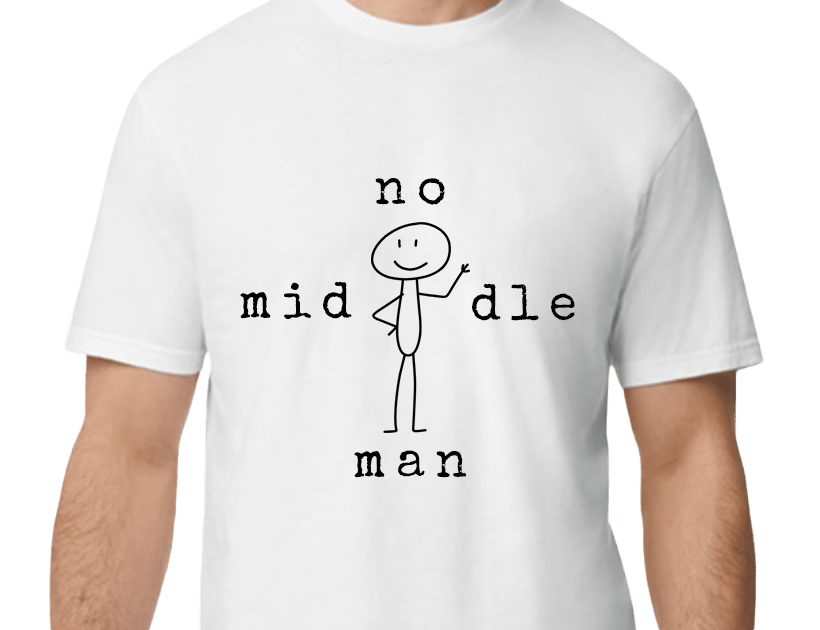What We’re Shilling*
Highlights from an interview on literary NFTs
A few weeks ago, WOW! Women on Writing published an interview with us. We discussed our thoughts around publishing and minting literary NFTs. It was quite a deep-dive and we appreciated them drilling down on these topics with us.
We’d love for you to check out the entire interview if you’re interested. (We find it quite a fascinating discussion, if we do say so ourselves.) But since it’s a little on the long side, we thought we’d recap some highlights here for you.
On why writers should care about NFTs
"...artists of all kinds should care very much about NFTs because they represent a new way for people to buy, sell, and trade their art. It’s as simple as that. The thing that has been missing from digital publishing is a way to create value in the online writing artifact, the same way you would with a physical object like a book. As well as a way to exchange it. NFTs fill that gaping hole."

On the insularity of the literary magazine world
"...there is a perception among many editors that the magazine is the “product” and that they are selling this product to a “reader.” But that isn’t it. The “product” is the writer. At the same time, the “reader” is the writer. What this leads to is that, for a magazine to be “successful,” it has to attract writers by being liked and well-regarded by the community of writers. Not only does this not generate revenue, it is a terrible model for publishing good work."

On an NFT model vs the traditional “subscription” model in publishing
"There is a very clear need for online publishing to explore different monetization technologies. Think about the current [paywall] situation with news outlets. What if there was a way to use NFTs as keys that unlock the paywall and allow access to articles I’m interested in, without having to subscribe? We are hoping that NFTs can offer authors an alternative to the subscription model."

On what are the main goals or values driving us to experiment with NFTs
“…[we] want to support and help develop a literary platform/community/publishing collective that encourages wild, difficult, unique, unpredictable, inventive, revolutionary writing. Soul work. This kind of writing is non-mainstream, and might sell very few copies. But could it influence, attract, or resonate with a discerning collector with the same values and dreams? I think yes.”

On the potential benefit of literary NFTs to readers
“When I buy an Atticus NFT, I buy a certificate that records my financial investment in a creative idea. It demonstrates what kind of creative ideas I value. It also puts a little crypto currency into the wallet of an artist or writer who’s doing work I admire. And there is no middleman like Amazon, Instagram, X, or Facebook.”

If you read the full interview, we’d love for you to let us know what you think! If we can collect enough opinions, reflections, questions, and ideas about what we are doing we will post a crowdsourced newsletter.
So get in touch and let us know!
Respond to this email, or send it to
[email protected].
*NOTE
The Conniving Roots of Shill
"The action at the heart of the verb shill—promoting someone or something for pay—is not, on its face, unseemly. After all, that is what marketers and public relations firms do. But when someone is said to be shilling for something or someone there is a distinct note of disapproval, and often the implication that the act is somehow corrupt or dishonest, or that the product or person being promoted is not to be trusted. This connotation is actually the word’s birthright: in the early 1900s, the noun shill referred to a type of con artist, specifically one who aided others in their efforts to part people from their money. For example, a shill might be paid to fake a big win at a casino to make a game look easily winnable. The first uses of the verb shill, appearing around the same time as the noun, show it applying to the kinds of cons shills did, but the term eventually came to be used in cases when someone was simply promoting someone or something. Perhaps fitting for a word with a criminal past, shill has a mysterious origin: it’s thought to be a shortened form of the older synonymous term shillaber, but the etymological trail goes cold there."
“Shill.” Merriam-Webster.com Dictionary, Merriam-Webster. Accessed 9 Apr. 2025. https://www.merriam-webster.com/dictionary/shill
Advertisement
Daily News for Curious Minds
Be the smartest person in the room by reading 1440! Dive into 1440, where 4 million Americans find their daily, fact-based news fix. We navigate through 100+ sources to deliver a comprehensive roundup from every corner of the internet – politics, global events, business, and culture, all in a quick, 5-minute newsletter. It's completely free and devoid of bias or political influence, ensuring you get the facts straight. Subscribe to 1440 today.
